Type of grants
Education Out Loud works with civil society organizations in more than 60 countries. We work with National Education Coalitions, National Civil Society Organizations, Transnational Alliances and Learning Partners.
Education Out Loud works to achieve the objectives by providing grants to three types of grantees within three Operational Components.
View all active grants and current projects
National Education Coalitions (OC1)
In early 2020, 52 National Education Coalitions from 52 different countries were each awarded a grant from Education Out Loud. This Operational Component (OC1) covers a total of 60 National Education Coalitions. From 2024–2027, Education Out Loud is supporting 63 coalitions with funding of up to US$137,000 per year. The call for proposals is by invitation only. To be eligible for funding, applicants must be National Education Coalitions who are members of regional coalitions of the Global Campaign for Education and operate in GPE partner countries. The funding supports National Education Coalitions to:
- Be more inclusive, particularly of marginalised groups
- Have better capacity to engage in policy dialogue
- Participate in and effectively influence policy processes.
All calls for proposals for OC1 are now closed
National Education Coalitions Impact
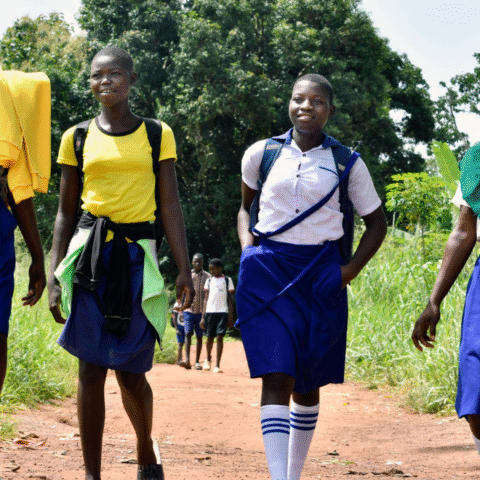
South Sudan’s National Education Coalition is Navigating Adversity
In South Sudan’s context of political instability, the National Education Coalition has found an inspiring way to build trust and gain access to important decision-making platforms.
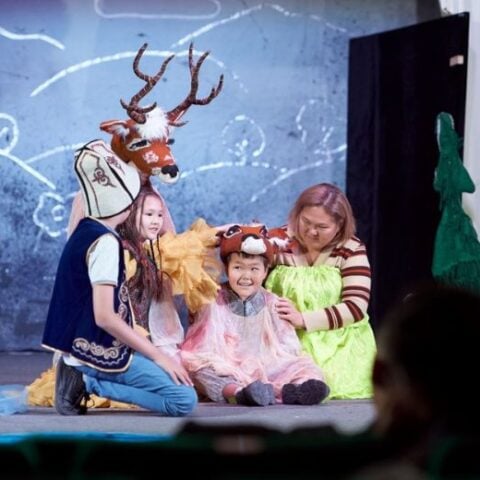
Inclusive Theater is advancing the rights of children with disabilities
Civil society in Central Asia is using inclusive Theater is used to tackle the barriers that
limit children and young people with disabilities’ access to education.
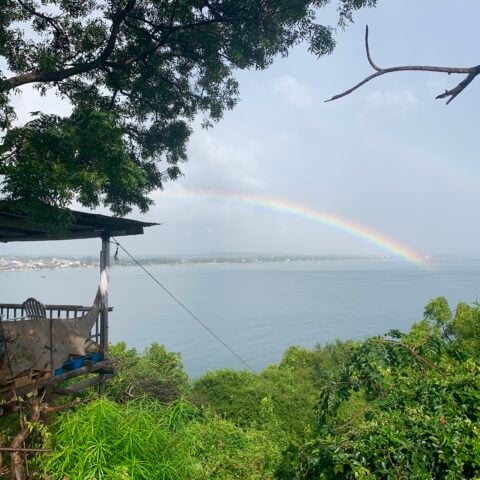
No More Rainy-Day
Dropouts
in Sri Lanka
After years of being drowned out, Sri Lanka’s National Education Coalition has regained resources and space to push for a more inclusive education policy.
National Civil Society Organisations (OC2)
Education Out Loud provides grants to civil society organisations working on improving transparency and effectiveness of national education policies through social accountability. From 2024–2027, Education Out Loud is supporting 14 civil society organisations with funding of up to US$ 250,000 per year.
To be eligible for funding under this operational component (OC2), applicants must be national civil society organisations working on local and national education policy and implementation. Organisations should be based and working in one or more partner countries eligible for GPE funding. National organisations could include trade unions, women’s groups, youth groups, minority groups, school management committees, etc. Applying organisations must be registered. Organisations without registration status must work with registered organizations to access funds.
The funding supports civil society organisations to:
- Improve the availability of data and evidence to affect policy change and monitoring of government commitments
- Increase their capabilities to mobilize citizens to demand and shape education policies that meet their needs
- Generate and exchange knowledge to strengthen CSOs and to use evidence effectively for advocacy.
All calls for proposals for OC2 are now closed
National Civil Society Impact
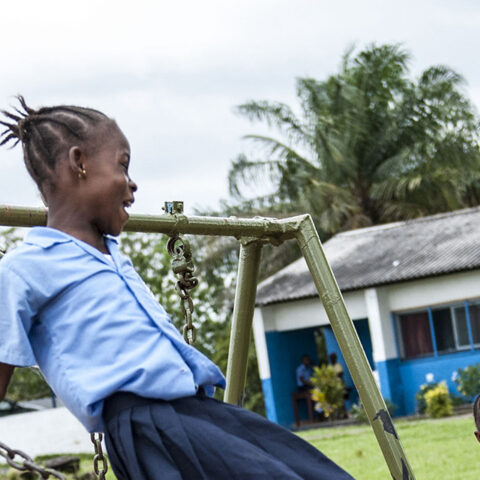
The Educate HER Coalition Turns the Tide
for Liberia’s Girls
The Educate HER Coalition is driving
a movement to implement Liberia’s
long-neglected National Policy on Girls’ Education (NPGE).
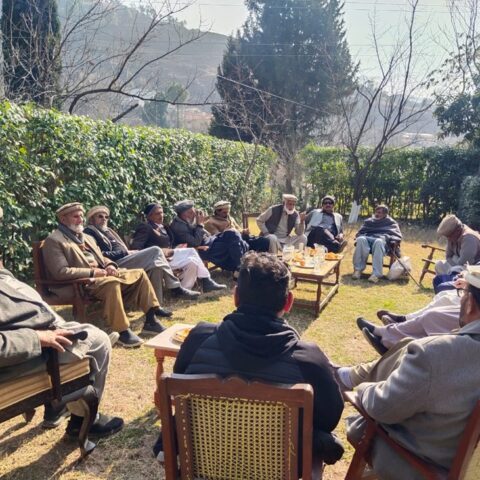
A proud day for the community of Mansehra
in Pakistan
Chamhora village in Mansehra, Pakistan,
is set to welcome a new primary school,
a milestone that will secure education
for 300 marginalised girls.
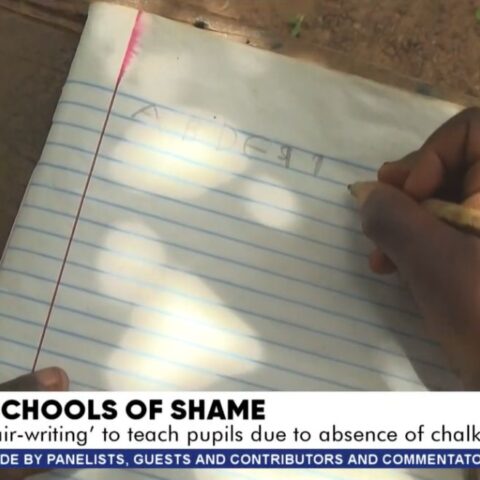
From ‘Air-Writing’ to Action: Grassroots Media Sparks Education Reform in Ghana
While videos Videos revealing dire learning conditions in remote schools in Ghana are trending, government is now confronting the urgent need for lasting solutions.
Transnational Alliances (OC3)
Education Out Loud provides grants to transnational civil society alliances to carry out innovative multi-country advocacy to influence transnational and national policy frameworks. From 2024–2027, Education Out Loud is supporting 6 transnational civil society alliances with funding of up to US$ 320,000 per year.
A civil society organisation can apply for funding on behalf of global, regional or multi-country civil society alliances that include at least one national civil society actor in GPE partner countries.
Grant activities must take place in more than one country and the lead applicant must be a formally registered organisation. Consortia can include actors not traditionally working in education if they have education as a cross-sectoral priority or skills and tools which can be scalable in the education sector. Groups working with, on behalf of, or directly from marginalised groups will be given priority.
The funding supports civil society organisations to:
- Develop and work together around strategic policy changes related to SDG 4 and increase their strategic advocacy
- Change policies and practices at regional or global level through transnational advocacy
- Create or strengthen mechanisms to follow up on global, regional or national commitments related to the right to quality education.
All calls for proposals for OC3 are now closed
Transnational Alliances Impact
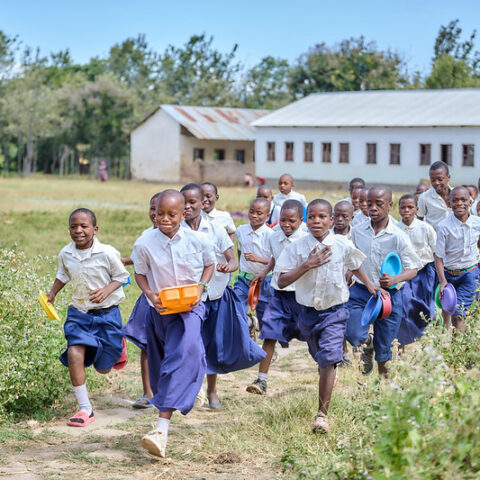
Youth Advocacy Brings Meals to a school in Rural Tanzania
As an implementing partner of the Kuyenda Collective, Policy Forum trained young Tanzanians on how to advocate for
educational issues.
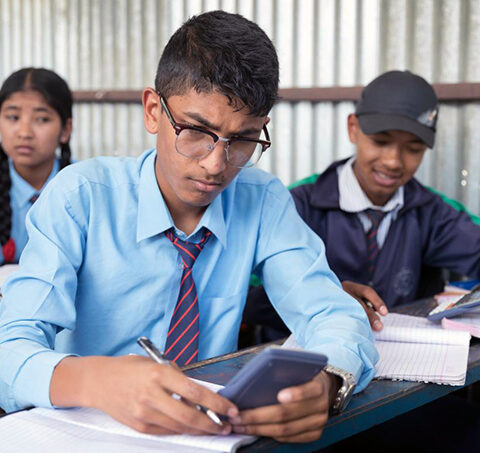
Thinking outside the box for better education financing
The TaxEd Alliance brings together global tax justice and education actors to make a transformative breakthrough in the domestic financing of public education
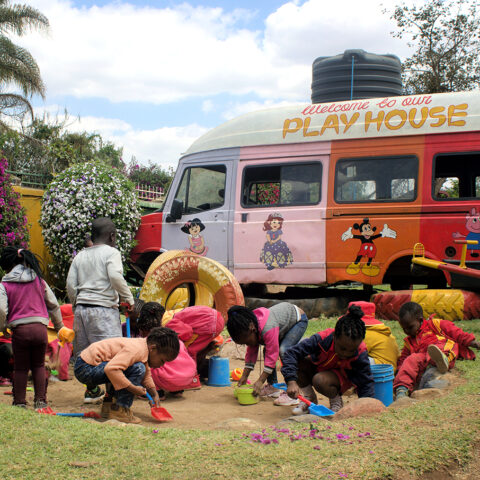
TRANAC has improved ECDE legislation and policies
The advocacy capacity building project, TRANAC, can count three notable successes in improving legislation and policies on Early Childhood Development and Education (ECDE).
